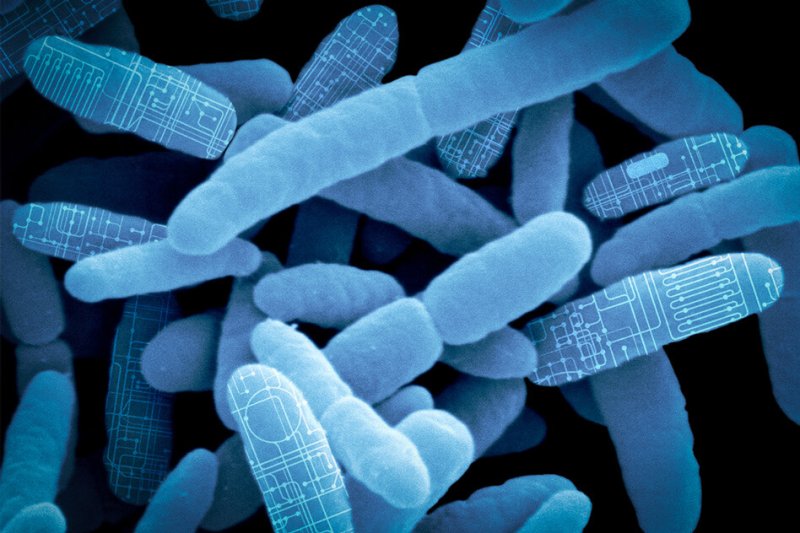Machine learning and artificial intelligence are all the rage today in venture capital circles…What happens when machine learning meets biology?
Berkeley-based Lygos is engineering and designing microbes that convert low-cost sugar into high-value, specialty chemicals…In other words, the latest advances in software, big data, machine learning, biotech, and chemistry may be combining to quite possibly start a new industrial revolution.
…
Microbes have evolved over millions of years to become hyper-efficient factories. A microbe has amazing computational and machine learning ability because so much is written into the genetic code. Evolution is nature’s machine learning algorithm.
Lygos is unlocking the ability to control and guide evolution to reprogram a microbe to produce its products. A microbe can do a computation every time it divides and grows itself, which it does every 20 minutes. Lygos has millions of them going in a single vat at a time. Using technology that harnesses evolution, they have a more powerful machine-learning platform in nature than a computer could ever deliver, and are developing and deploying a range of these technologies to design microbial factories.
The GLP aggregated and excerpted this blog/article to reflect the diversity of news, opinion, and analysis. Read full, original post: Machine learning and microbes: How big data is redefining biotechnology































